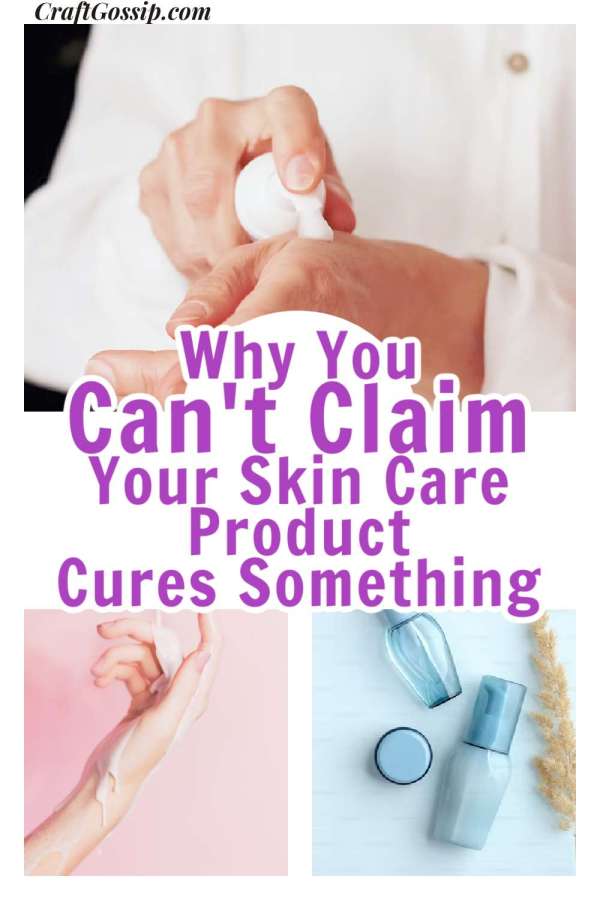
In the vast and diverse world of skincare and personal care products, crafting compelling claims about the benefits of your creations is a fundamental aspect of marketing. However, within this realm, there are strict regulations and ethical considerations that govern how you can communicate these claims to your audience. Particularly in the realm of soap making, there’s an important principle to remember: you cannot claim that your soap “cures” a specific condition or ailment. In this comprehensive article, we’ll delve deep into the reasons behind this restriction, explore the regulatory landscape, and guide you on the appropriate ways to communicate the benefits of your soap products while staying compliant and respectful of consumer safety.
The Regulatory Landscape: FDA and Cosmetic Claims
In the United States, the Food and Drug Administration (FDA) holds the responsibility of regulating cosmetic products, including soaps. This regulation exists to ensure consumer safety and prevent misleading or false claims. It’s essential to recognize that, according to the FDA, soap falls within the category of cosmetics. And under these regulations, cosmetics are not permitted to make claims that classify them as drugs or medical treatments. Therefore, the crux of the matter is that you cannot claim that your soap “cures,” “treats,” or “prevents” any medical condition.
Defining the Distinction Between Cosmetics and Drugs
To comprehend this regulatory distinction, it’s vital to understand the intended use of cosmetic products versus drugs. Cosmetics are designed to cleanse, beautify, or enhance the appearance of the skin. Conversely, drugs are formulated to diagnose, treat, cure, or prevent diseases. By nature, soaps are classified as cosmetics since their primary function is to cleanse the skin. As soon as you make a medical claim about a cosmetic product, such as soap, you tread into the territory of drugs, which necessitates rigorous testing, scientific evidence, and FDA approval.
Ethical Communication: Focus on Ingredients and Benefits
Rather than making medical claims, your focus can shift towards effectively and ethically communicating the benefits of your soap products. One productive approach is to highlight the ingredients you use and their known properties. If your soap boasts ingredients like aloe vera or oatmeal, you can educate your audience on how these components are renowned for their soothing, moisturizing, or exfoliating properties.
Educational Content: Empower Through Knowledge
One potent way to provide value without making medical claims is through educational content. Create blog posts, videos, or guides that delve into the benefits of specific ingredients for the skin. These pieces of content can discuss skincare routines, common skin concerns, and the potential contribution of your soap to a healthier skin regimen.
Testimonials and Personal Experiences: Genuineness Matters
Although you cannot assert medical claims, you can share genuine testimonials and personal anecdotes from customers who’ve experienced the positive effects of your soap. It’s crucial that these testimonials remain authentic and free from manipulation to sound like medical endorsements. Testimonials should center on visible improvements in skin texture, appearance, and overall well-being.
Transparency and Honesty: Building Trust
Ultimately, the cornerstone of your communication strategy should be transparency and honesty. Sidestep the use of misleading language that might foster false expectations among consumers. Instead, emphasize the significance of skincare routines, self-care practices, and the role that your soap can play in promoting healthy skin.
In summation, understanding the boundaries of soap claims is pivotal for maintaining ethical and legal marketing practices. While you’re barred from asserting that your soap “cures” specific conditions, you have the power to educate consumers about the benefits of your ingredients and foster a positive, informed relationship with your audience. By adhering to these guidelines, you can cultivate trust, credibility, and a responsible promotion of your soap products.
Frequently Asked Questions (FAQs) About Soap Claims and Ethical Communication
- Can I claim that my soap cures skin conditions or ailments? No, you cannot claim that your soap cures, treats, or prevents any medical condition. Making such claims would classify your soap as a drug, which requires strict FDA regulation and approval.
- What is the regulatory authority overseeing cosmetic claims? The Food and Drug Administration (FDA) is responsible for regulating cosmetic products, including soaps, to ensure consumer safety and prevent misleading claims.
- Why can’t I make medical claims about my soap? Cosmetics, including soaps, are meant to cleanse, beautify, or enhance the skin’s appearance. Medical claims classify products as drugs, requiring scientific evidence and FDA approval.
- What is the distinction between cosmetic products and drugs? Cosmetics focus on enhancing appearance, while drugs are formulated to diagnose, treat, cure, or prevent diseases. Soaps are cosmetics designed for cleansing, not medical treatment.
- How can I communicate the benefits of my soap ethically? Instead of medical claims, highlight the beneficial ingredients in your soap and their known properties. Educate customers about how these ingredients can contribute to healthier skin.
- Can I provide educational content about skincare routines? Yes, creating content that educates customers about skincare routines, common skin concerns, and the potential role of your soap is a valuable approach.
- Is it permissible to share customer testimonials? Yes, you can share genuine testimonials from customers who’ve experienced positive effects from your soap. Ensure testimonials remain authentic and don’t sound like medical endorsements.
- What role do transparency and honesty play in communication? Transparency and honesty are essential for building trust. Avoid misleading language and instead emphasize skincare routines, self-care practices, and your soap’s contribution to healthy skin.
- Can I discuss the properties of ingredients in my soap? Yes, you can discuss the properties of ingredients in your soap, such as soothing, moisturizing, or exfoliating qualities. Educate customers about these attributes without making medical claims.
- What’s the key takeaway for soap claims and communication? The key is to adhere to ethical and legal marketing practices. While you can’t claim your soap cures conditions, you can educate customers, foster trust, and maintain a responsible promotion of your soap products.
So What Can I say?
Frequently Asked Questions (FAQs) About Permissible Claims for Soap Products
- What claims can I make about my soap products? You can make claims related to the cosmetic attributes of your soap, such as cleansing, moisturizing, exfoliating, and promoting healthy skin. These claims focus on the appearance and feel of the skin.
- Can I claim that my soap improves skin texture? Yes, claiming that your soap contributes to smoother and softer skin texture is acceptable. Highlight ingredients known for their skin-nourishing properties.
- Is it okay to say my soap enhances skin’s natural radiance? Absolutely, you can communicate that your soap helps reveal a natural glow and brightness in the skin. Be sure to emphasize ingredients that are known to promote radiance.
- Can I mention that my soap provides deep hydration? Yes, you can indicate that your soap helps hydrate and maintain skin’s moisture levels. This claim is suitable when using ingredients with moisturizing properties.
- Is claiming gentle cleansing permissible? Yes, you can claim that your soap offers gentle cleansing, particularly if it is formulated with mild ingredients that are unlikely to cause irritation.
- What about claims of mild exfoliation? You can communicate that your soap provides mild exfoliation, removing dead skin cells and promoting a smoother complexion. Use ingredients known for their exfoliating properties.
- Can I say my soap soothes and calms the skin? Yes, claiming that your soap has soothing properties and can help calm irritated skin is acceptable. Emphasize ingredients like aloe vera or chamomile.
- Is it okay to mention the fragrance of my soap? Yes, you can discuss the scent of your soap and how it contributes to a pleasant bathing experience. However, avoid implying that the scent provides therapeutic benefits.
- Can I claim my soap promotes relaxation during use? Yes, you can suggest that using your soap can create a relaxing and enjoyable bathing routine, contributing to overall well-being.
- What should I avoid when making claims? Avoid making medical claims, implying your soap treats or cures diseases, or using language that suggests your soap has medicinal properties.
- How can I ensure my claims are truthful and accurate? Base your claims on the known properties of the ingredients you use. Avoid exaggerations and always prioritize honesty in your communication.
- Should I provide evidence for my claims? While not mandatory, providing evidence, such as mentioning specific ingredients and their properties, can enhance the credibility of your claims.
- Can I offer before-and-after visuals to support my claims? Yes, visual representations of the improvements your soap offers, such as smoother skin, are a great way to illustrate the effects without making medical claims.
- Is transparency important when making claims? Yes, being transparent about the ingredients you use and their intended effects builds trust with customers. Avoid making claims that can’t be supported by scientific evidence.
- Where can I learn more about permissible claims for cosmetics? Familiarize yourself with the guidelines provided by regulatory bodies like the FDA for cosmetics. Staying informed ensures your claims remain compliant and accurate.

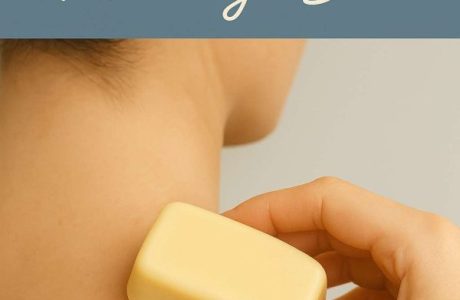
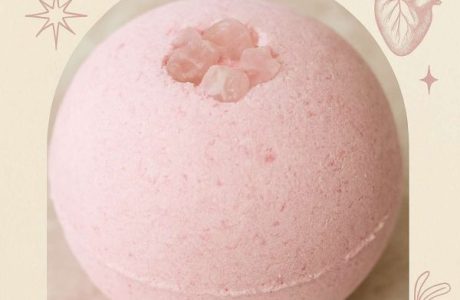
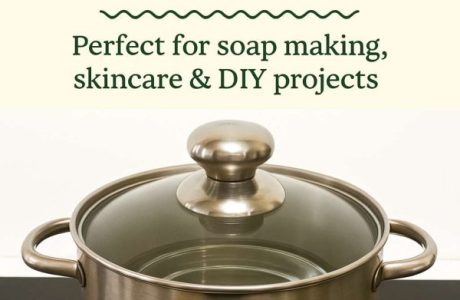
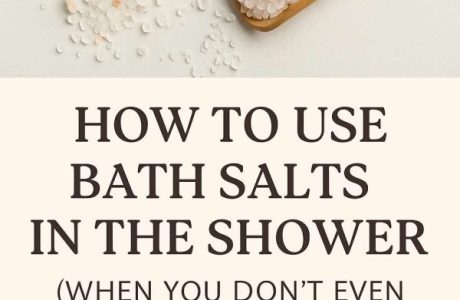
Leave a Reply